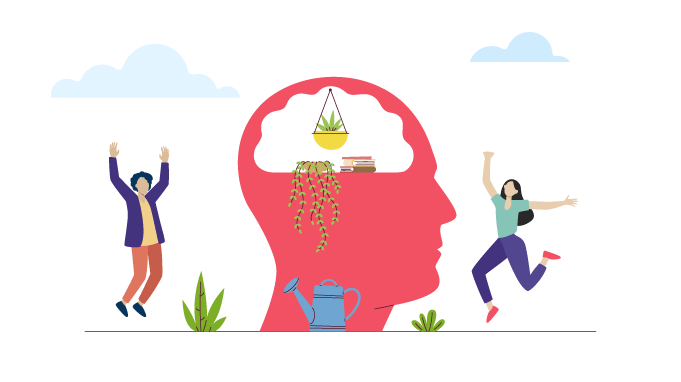Stress Management Techniques: Finding Calm Amidst the Chaos
In the fast-paced world we live in, stress has become an inevitable part of daily life. Whether it stems from work pressures, personal relationships, or unforeseen challenges, managing stress is essential for maintaining overall well-being and resilience. Fortunately, there are numerous effective techniques that individuals can incorporate into their routines to mitigate stress and cultivate a sense of calm. Let’s explore some stress management techniques that can help you navigate life’s ups and downs with greater ease and composure.
1. Mindfulness Meditation
Mindfulness meditation involves focusing your attention on the present moment, without judgment or attachment to thoughts or emotions. This practice has been scientifically proven to reduce stress levels and promote relaxation by fostering a sense of inner peace and acceptance. Dedicate a few minutes each day to sit quietly, focus on your breath, and observe the sensations and thoughts that arise without getting swept away by them.
2. Deep Breathing Exercises
Deep breathing exercises are simple yet powerful tools for calming the nervous system and inducing a state of relaxation. Practice diaphragmatic breathing by inhaling deeply through your nose, allowing your abdomen to expand fully, and exhaling slowly through your mouth. Repeat this process several times, focusing on the sensation of your breath filling your body and releasing tension with each exhale.
3. Physical Activity
Engaging in regular physical activity is an excellent way to reduce stress and promote overall well-being. Whether it’s going for a brisk walk, practicing yoga, or hitting the gym, exercise releases endorphins, which are natural mood lifters that help alleviate stress and anxiety. Find activities that you enjoy and make them a regular part of your routine to reap the full benefits of physical activity for stress management.
4. Journaling
Journaling can be a therapeutic outlet for processing emotions, gaining clarity, and relieving stress. Set aside time each day to write freely about your thoughts, feelings, and experiences. Use your journal as a safe space to express yourself without judgment or censorship. Reflecting on your entries can provide valuable insights into your stress triggers and help you develop healthier coping mechanisms.
5. Establishing Boundaries
Setting boundaries is crucial for protecting your mental and emotional well-being. Learn to say no to commitments that overwhelm you or compromise your values, and prioritize activities that nourish and replenish you. Communicate your boundaries assertively and respectfully, and don’t hesitate to enforce them when necessary. Creating healthy boundaries allows you to honor your needs and preserve your energy for what truly matters.
6. Practicing Gratitude
Cultivating an attitude of gratitude can shift your focus from what’s lacking to what’s abundant in your life, fostering a sense of contentment and peace. Take time each day to reflect on the things you’re grateful for, whether it’s the support of loved ones, moments of joy and laughter, or simple pleasures like a warm cup of tea or a beautiful sunset. Gratitude practice can help reframe stressful situations and cultivate resilience in the face of adversity.
7. Seeking Support
Don’t hesitate to reach out for support when you’re feeling overwhelmed by stress. Whether it’s confiding in a trusted friend, seeking guidance from a therapist, or joining a support group, sharing your burdens with others can lighten the load and provide valuable perspective and encouragement. Surround yourself with a supportive network of people who uplift and empower you to navigate life’s challenges with strength and resilience.
Incorporating these stress management techniques into your daily life can help you build resilience, foster inner peace, and navigate life’s challenges with greater ease and grace. Remember that managing stress is an ongoing process, and it’s okay to seek help when you need it. By prioritizing self-care and adopting healthy coping strategies, you can cultivate a greater sense of well-being and serenity amidst the chaos of everyday life.







